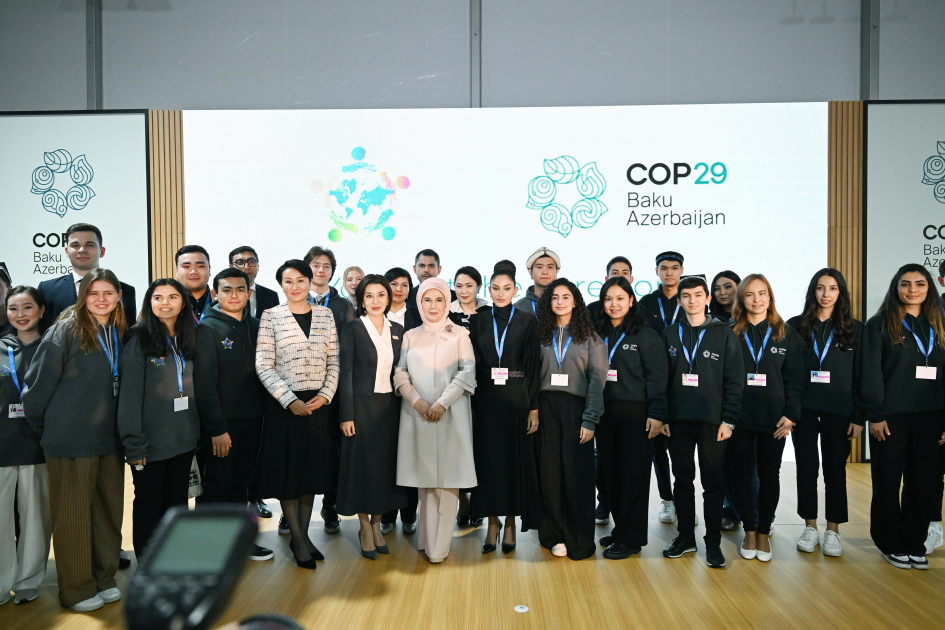By Buhari Kuburat
The impact of climate change on global warming remains a major topic as world leaders meet to find solutions to this global crisis. However, the disproportionate effects of climate change on women and girls, especially in rural areas, demand greater attention.
Women and girls, who are often responsible for providing food, water, and firewood for their families, face extra hardships due to droughts and unpredictable weather patterns. These challenges increase their vulnerability to gender-based violence as climate change worsens existing conflicts and inequalities.
Rural women, in particular, work harder during extreme weather to secure resources and income for their families. Yet, their voices are often missing in high-level climate decision-making processes.
At COP meetings, like the ongoing COP29 under the UN Framework Convention on Climate Change (UNFCCC), nations negotiate climate policies and assess progress. Despite being central to climate action, women are significantly underrepresented.
Statistics show that women occupy just 26.8% of ministerial roles responsible for environmental and climate policies globally. While this is an improvement from 19.2% in 2012, it still highlights a major gender imbalance.
Women’s participation in key climate conferences remains low:
At COP27, only 35% of Party delegations were women, a figure unchanged over the last decade.
At COP28, women comprised 34% of delegations, according to the Women’s Environment and Development Organization (WEDO).
At COP29, of the 78 government leaders in attendance, only six addressed how climate change affects women and girls and only four of these leaders were women.
Despite these gaps, women have proven their ability to lead in climate action. In the solar energy sector, for example, women make up 40% of the workforce, compared to just 22% in the oil and gas industry.
Women also play vital roles in disaster risk reduction, responding to natural disasters, and supporting post-disaster recovery.
However, to fully tap into women’s potential as powerful agents of change, they need a seat at the decision-making table.
Including women in climate negotiations not only ensures equity but also enhances the effectiveness and sustainability of global climate action.
As the world works to meet its climate goals, integrating women into global climate discussions is no longer optional it is essential. Empowering women fosters more inclusive and sustainable solutions, while also improving community resilience to climate impacts.
Women must no longer be sidelined in global climate conversations. Their representation in decision-making is critical to achieving equitable and effective climate solutions for all.
Buhari Kuburat writes from Ilorin. Contact her at kubbybuhari@gmail.com or call 07089137314

